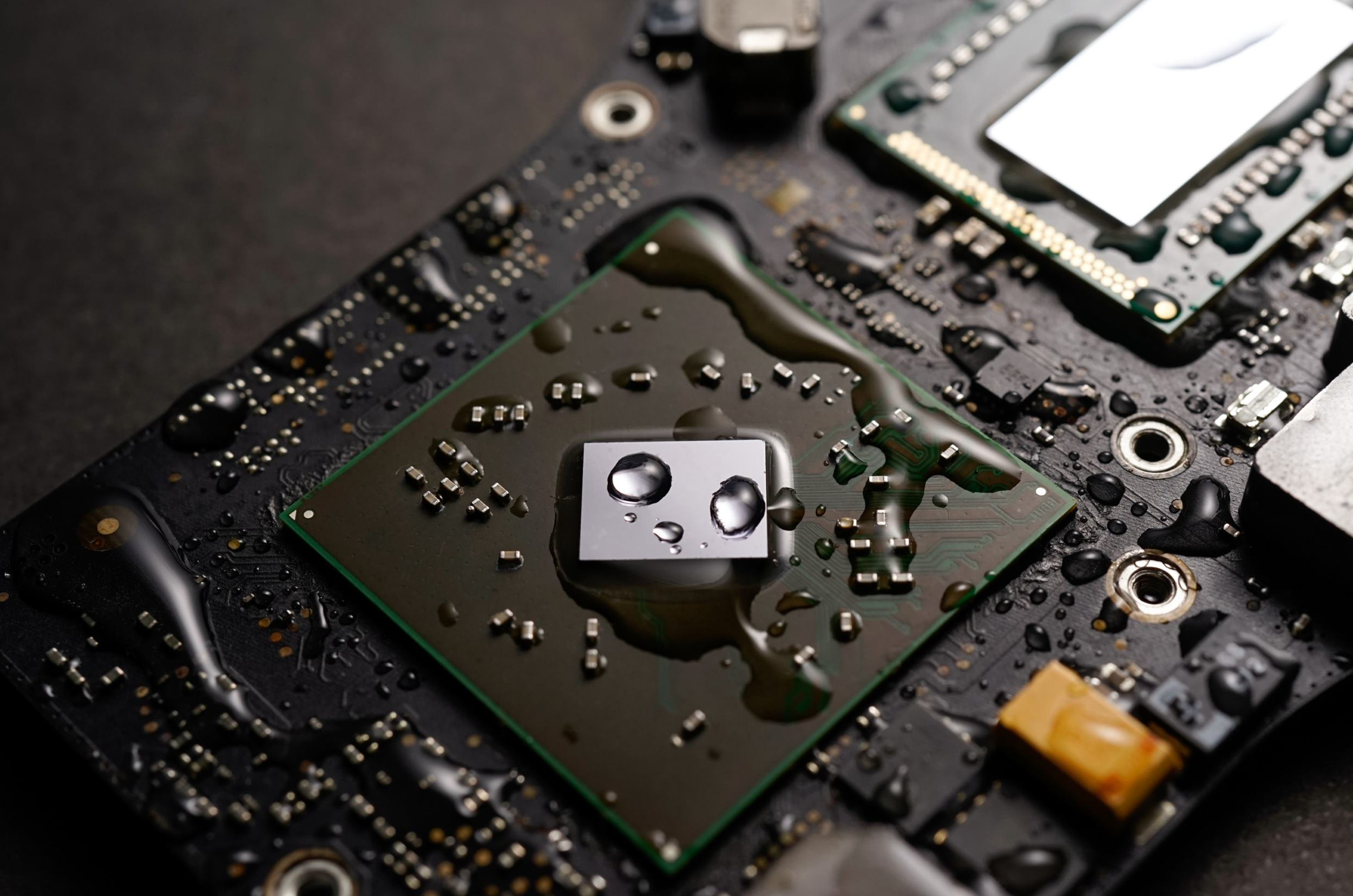Jamie Butterworth | Co-founding Partner, Circularity Capital
Interview given to Ms Maria Louisa Vafiadaki
-What is Circularity Capital about? What is its mission and which projects does it primarily focus on?
The way that we create value in the economy today is typically very linear. The amount of waste is extraordinary. If you look at food waste, 1/3 of all the food we produce globally is typically thrown away, we throw away one cruise ship of consumer electronics per day.
The concept of the circular economy defines an economy that is regenerative by design –we move away from just focusing on using less to designing products and materials to cycle.
Circularity Capital is a specialist investment firm, founded in 2015, focusing on supporting the growth of businesses in the circular economy. We founded the firm with the belief that entrepreneurs operating in this space deserve a specialist investor with the right expertise and network to optimise their growth.
Lendis, flexible rental of office equipment
-Please describe the framework of circular economy and its principles. How does it work and in what ways does it create value for investors and the society?
A circular economy aims to ‘design out’ waste. Waste does not exist—products are designed and optimised to re-enter the economy whilst maintaining maximum value. The ability to cycle products, materials and components at their highest integrity defines the circular economy and sets it apart from disposal and recycling – where large amounts of embedded energy, materials and labour are lost.
The circular economy outlines a set of enabling system conditions and provides a framework for the transformation of the economy through the restoration of eco-system services, shift to renewable energy, elimination of waste and pollution and increased resilience of financial and labour markets.
The circular economy provides a framework for decoupling business growth from resource constraints, enhancing resource productivity and driving competitive advantage. In a global macroeconomic environment that is driving the transition away from an inefficient linear economy to a circular economy, companies that seize the growth opportunity can generate premium returns for investors.
P2i, nano-coating for extending the life of technology products
-What is the investor profile you are seeking to work with? To whom would the circular economy model appeal ?
Our Fund investors include a diversified mix of institutional investors and a small number of single family offices.
-Why is the circular model efficient ?
From a value creation perspective, you create more value. If rather than selling a phone, you provide it as a service; you could use it, give it back to the company. Then the company refurbishes it and rents it out to a different customer who needs it. So, a higher return is generated on that asset.
This also creates a repeat customer interaction and a good visibility as to where the payments are coming through for the next cycle.
Apart from the financial reasons, we believe that there is increasingly a sustainability imperative. We are seeing large corporate businesses setting large targets in the use of recycled products and the reduction of gas emissions. We invest in the types of companies which provide these solutions. We also see regulators increasingly put in place legislation and furthermore, we are seeing technology enabling this transition.
-You were recently named in the Real Deals Future 40 Impact Investment Funds. Kindly name the top 3 reasons to work with Circularity Capital.
As a domain expert we believe we can be better at sourcing these businesses. Secondly, we can be better at selecting the most scalable subset. Thirdly, by working with lots of the same kind of businesses and having a specialist network in this space we can better support their growth
Lendis founders
-Please talk to us about one of your most successful case studies and what do we learn from it.
In 2018, we invested in a business called Grover whose concept is based on the flexible rental of products (i.e. a mobile phone, a drone, a scooter etc). You can use the product for as long as you need it for - then, the customer gives it back to Grover and the product is sent to a different customer who needs it. In other words, this extends the useful life of the product and the utilization across multiple customers.
You don’t need that many products anymore to satisfy a large amount of people. This is powerful from a financial and sustainability perspective. Grover has been growing very rapidly in terms of their international expansion and the sustainability benefit of their business model. The business recently concluded a successful Series C funding round at valuation of more than $1billion.
What are your investment goals for the future? Would you say you are in a growth stage?
We are very much in a growth stage with the recent closing of our €215m Fund II and the scaling up of our team with several new key hires in our investment execution and value add teams. This is an exciting time for us with more and more corporates looking to adopt circular business models –looking for solutions from the types of businesses we back to accelerate their growth.
PackBenefit, bio-based compostable, high-performance packaging
-How can one get in touch with you?
On our website, we have a number of podcasts with interviews from our portfolio companies, experts and funds investing in the circular economy. This is a good start for someone curious to find out more.
Thank you.




